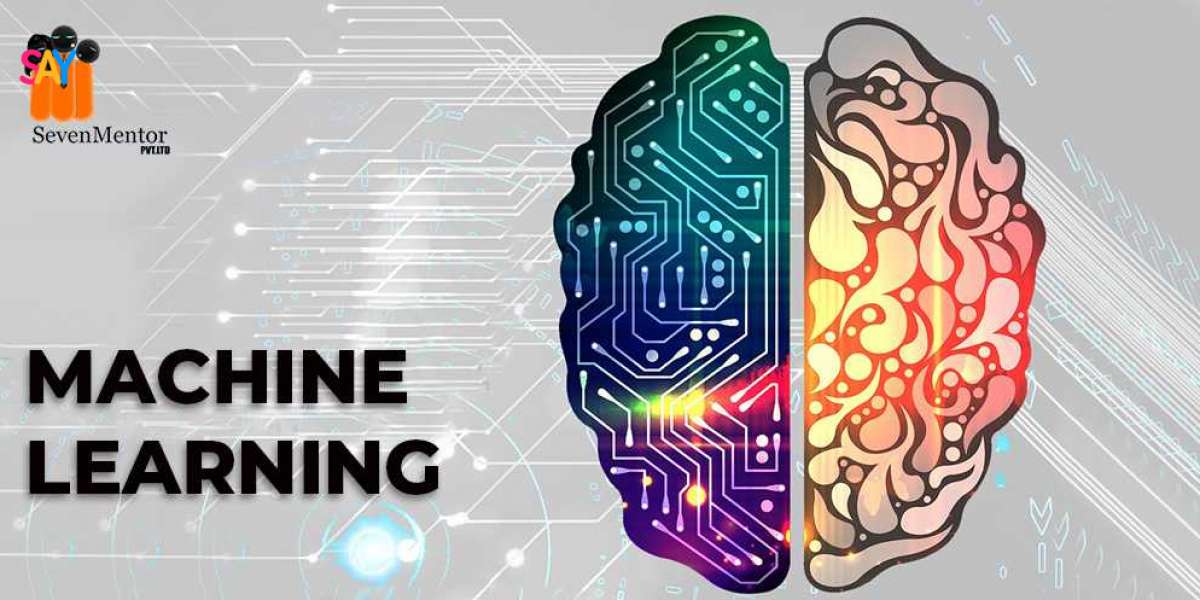Learning mathematics for machine learning is crucial as it forms the foundation for understanding algorithms, models, and the underlying principles of the field. Here's a step-by-step guide to help you learn the necessary mathematics for machine learning:
1. Basic Mathematics Prerequisites:
Algebra:
- Refresh your knowledge of algebraic concepts such as equations, inequalities, matrices, and basic operations. Understanding linear algebra is particularly important.
Calculus:
- Review calculus concepts, including derivatives and integrals. Calculus is essential for understanding optimization algorithms used in machine learning.
Statistics and Probability:
- Familiarize yourself with basic statistical concepts such as mean, median, standard deviation, and probability. Statistics is crucial for data analysis and model evaluation.
2. Linear Algebra:
Topics to Cover:
- Vectors and matrices, matrix multiplication, eigenvalues and eigenvectors, determinants, vector spaces.
Resources:
- Online tutorials, textbooks (e.g., "Introduction to Linear Algebra" by Gilbert Strang), and courses on platforms like Khan Academy or MIT OpenCourseWare.
3. Calculus:
Topics to Cover:
- Differentiation, integration, partial derivatives, gradients.
Resources:
- Online courses (e.g., Khan Academy, Coursera, edX), textbooks (e.g., "Calculus" by James Stewart), and university-level lecture notes.
4. Statistics and Probability:
Topics to Cover:
- Descriptive statistics, probability distributions, hypothesis testing, Bayesian statistics.
Resources:
- Online courses (e.g., Coursera's "Statistics and Probability" courses), textbooks (e.g., "Introduction to Probability and Statistics" by William Mendenhall).
5. Multivariate Calculus:
Topics to Cover:
- Gradients, Hessians, Jacobian matrices, and optimization techniques.
Resources:
- Online courses (e.g., "Multivariable Calculus" on Khan Academy), textbooks (e.g., "Multivariable Calculus" by James Stewart).
6. Optimization:
Topics to Cover:
- Gradient descent, convex optimization.
Resources:
- Online courses (e.g., "Convex Optimization" on Stanford Online), textbooks (e.g., "Convex Optimization" by Stephen Boyd and Lieven Vandenberghe).
7. Probability and Statistics for Machine Learning:
Topics to Cover:
- Maximum Likelihood Estimation (MLE), Bayes' theorem, conditional probability.
Resources:
- Online courses (e.g., "Probabilistic Graphical Models" on Coursera), textbooks (e.g., "Pattern Recognition and Machine Learning" by Christopher Bishop).
8. Advanced Topics (Optional):
Topics to Explore:
- Differential equations, advanced probability theory, information theory.
Resources:
- Advanced mathematics textbooks and online courses from universities.
9. Hands-On Practice:
Apply Mathematics to Machine Learning Problems:
- Work on machine learning projects to apply the mathematical concepts you've learned. Implement algorithms, analyze data, and interpret results.
Coding Exercises:
- Practice coding mathematical concepts in Python or another programming language commonly used in machine learning.
10. Continuous Learning:
- Stay Updated:
- As you progress in your machine learning journey, continue to explore advanced mathematical concepts relevant to specific machine learning subfields.
Remember, learning mathematics is a gradual process, and it's normal to revisit concepts as needed. Consistent practice and real-world application of mathematical concepts in machine learning projects will deepen your understanding over time.
Read More...
Machine Learning Course in Pune | Machine Learning Classes in pune | Machine Learning Training in pune




